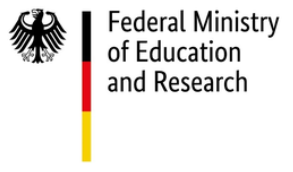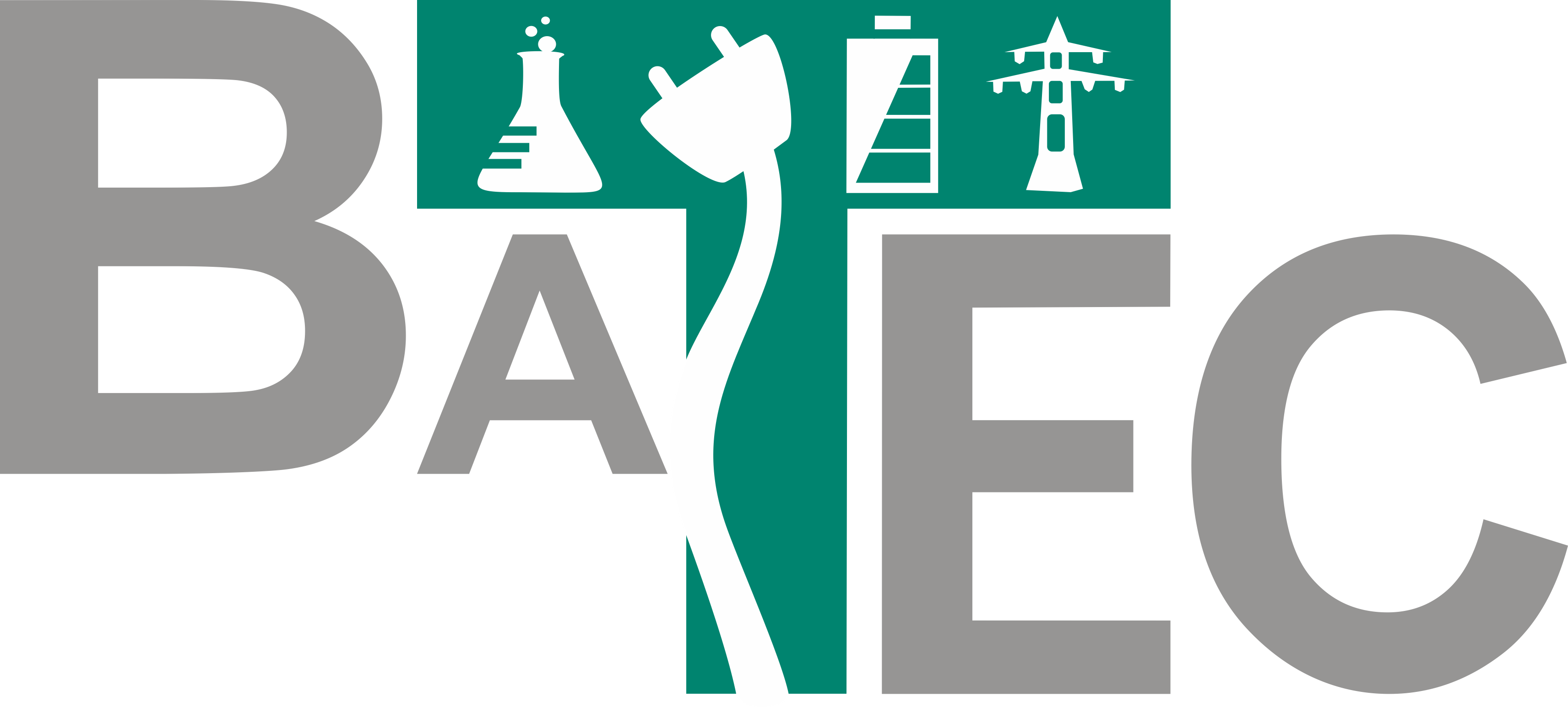
ENLARGE - Interoperable production as an enabler for a data-driven battery value chain
- Contact:
- Project Group:
Julia Sawodny (wbk), Simon Otte (wbk)
- Funding:
BMBF
- Partner:
Schuler Pressen GmbH, FFT Produktionssysteme GmbH & Co. KG , European EPC Competence Center GmbH (EECC), ELABO GMBH, Verband Deutscher Maschinen- und Anlagenbau e.V., Fraunhofer-Gesellschaft zur Förderung der angewandten Forschung e.V. - Fraunhofer-Institut für Produktionstechnik und Automatisierung IPA, Fraunhofer-Gesellschaft zur Förderung der angewandten Forschung e.V. - Fraunhofer-Einrichtung Forschungsfertigung Batteriezelle FFB, Lehrstuhl für Production Engineering of E-Mobility Components (PEM) der RWTH Aachen, Institut für Produktionstechnik (wbk / KIT)
- Startdate:
01.05.2023
- Enddate:
30.04.2026
Objectives and Results
The ENLARGE project is of great importance for battery cell production, as it is driving forward digitalization and networking in this area. It addresses problems such as the mapping of relevant parameters and data consistency in order to accelerate digital solutions and overcome incompatibilities. ENLARGE aims to combine existing standards and create a “meta-standard” that incorporates new elements and describes the interaction of all components. Validation in three use cases along the battery value chain should make it easier for companies to integrate and network their systems, which is particularly relevant for cross-manufacturer value creation and the circular economy. The results are important for both large and small companies in Germany, as they range from turn-key solutions to flexible production and can offer competitive advantages over Asian suppliers.
Contents and Approach
The ENLARGE project is divided into various work packages: Work package 1 is of fundamental importance in that it defines all the requirements for the entire process chain, the individual components and the economic viability of the project. A final requirement specification is drawn up, which serves as a guideline for the entire project work. This phase is particularly important as it incorporates the views of both research and industry, with all project partners equally involved.
In work package 2, the information models that form the basis for the digital mapping of the production processes are designed. Here, existing expertise, reference literature and current research and cluster results are compiled and developed into a comprehensive target landscape of information models, particularly in relation to the OPC UA standard.
The implementation of these information models and the implementation of the accompanying IT systems then take place in work package 3. The existing architecture is analyzed and integration-capable information models are integrated, while missing components are added.
Work packages 4 to 6 deal with specific use cases such as the traceability system, the battery passport and process optimization. These use cases utilize the developed information models and IT systems to drive the implementation of these digital solutions. The direct optimization of the systems through adaptive adjustment of the process parameters is considered, which is made possible by the identified parameters and their interrelationships.
The validation and continuous evaluation of the work steps are carried out in work package 7, while work package 8 ensures the transfer of the results and findings. Here, the results are recorded promptly and made usable in order to ensure industry-wide application. Project management in work package 9 ensures a smooth process and targeted communication within various industrial networks. Biannual consortium meetings and regular exchanges ensure effective cooperation between all project participants.
Project Volume
4.679.401 €
Further Information

